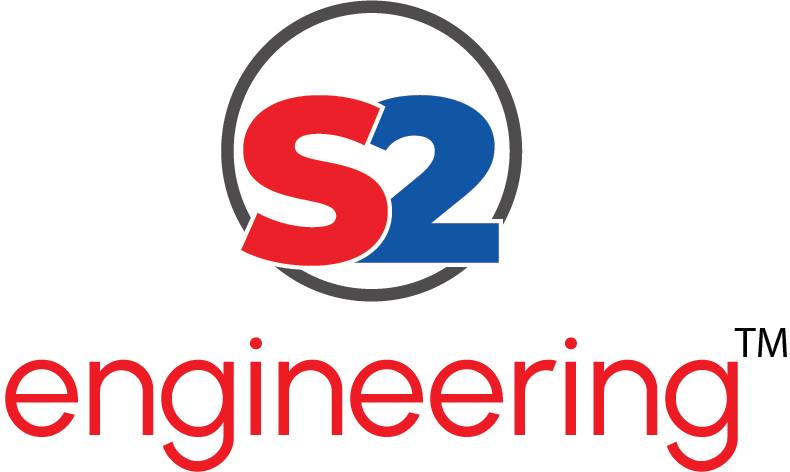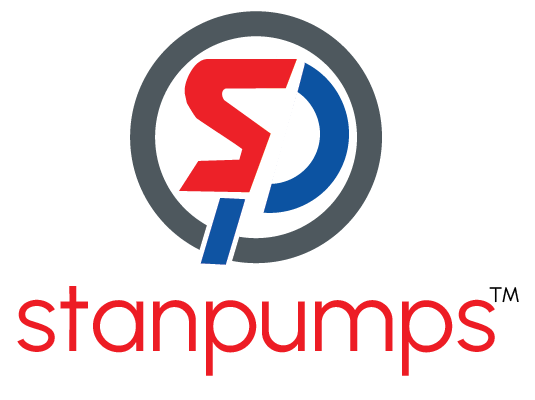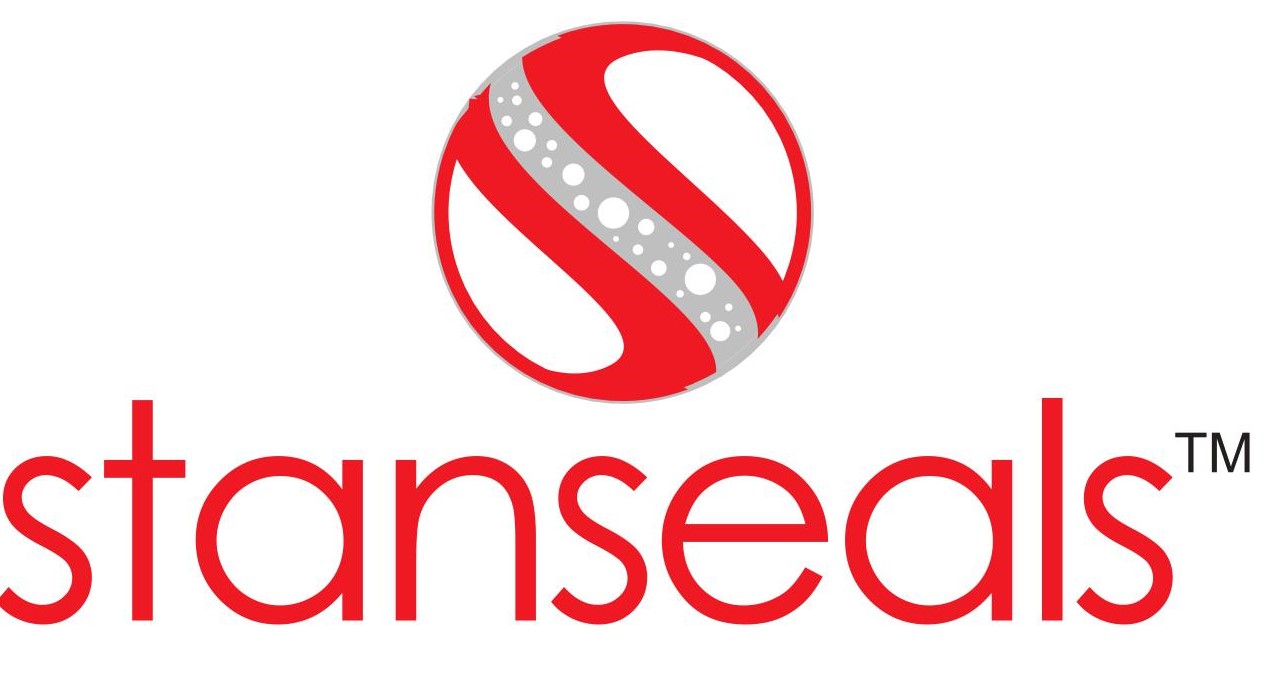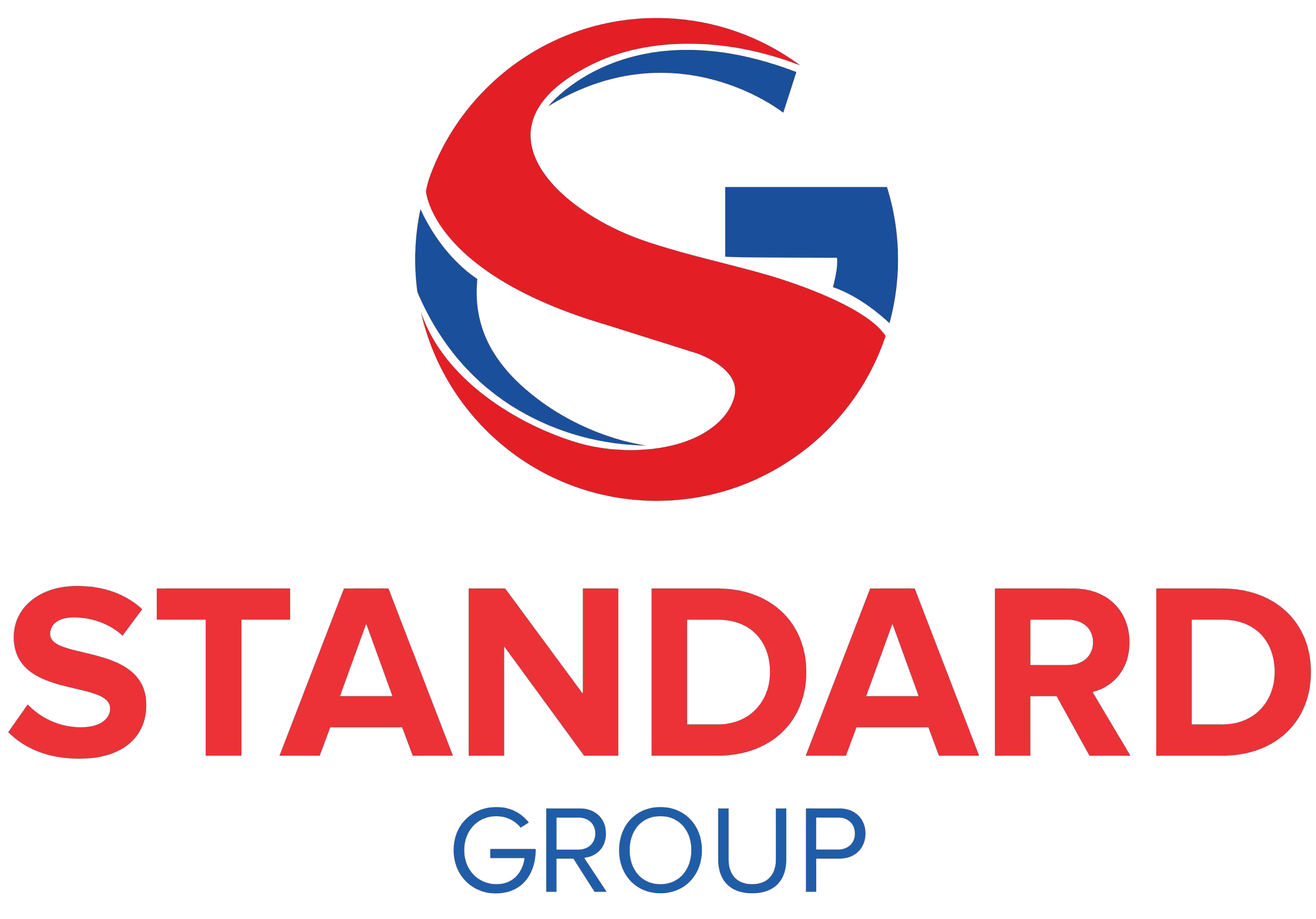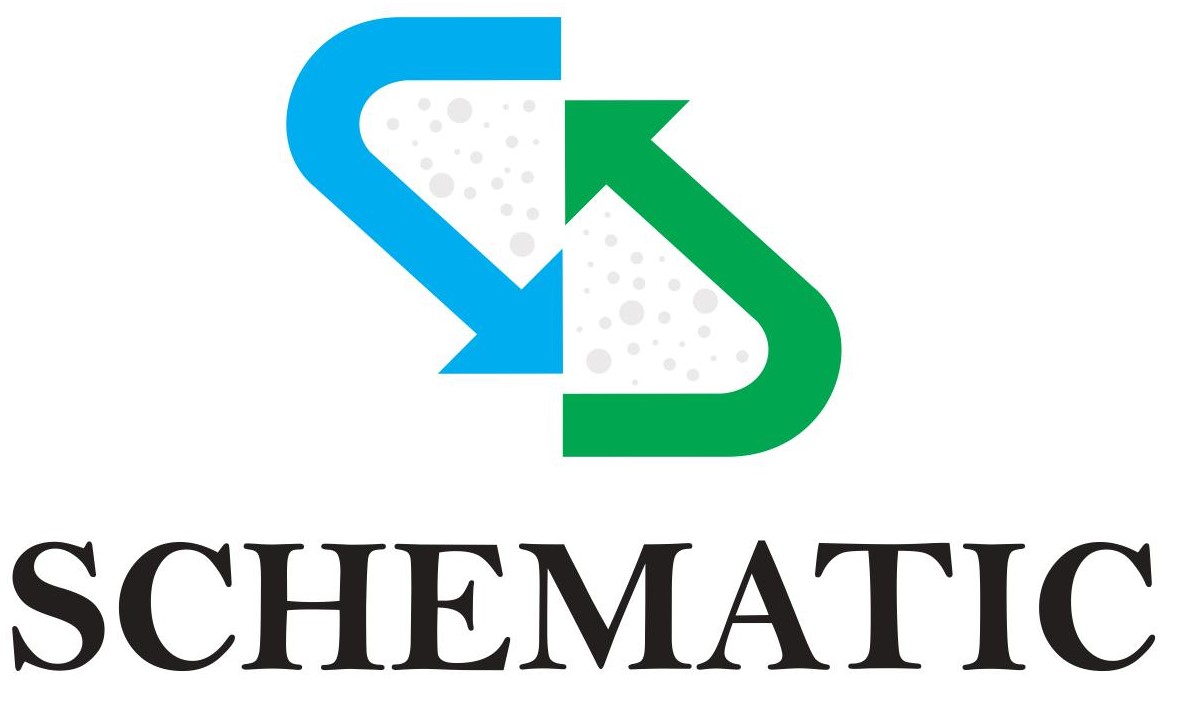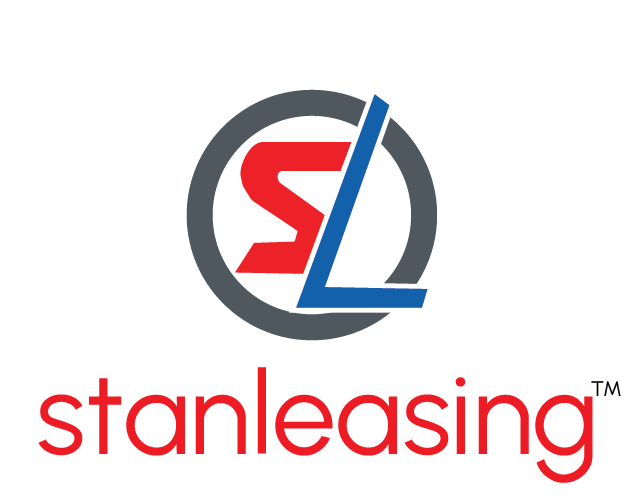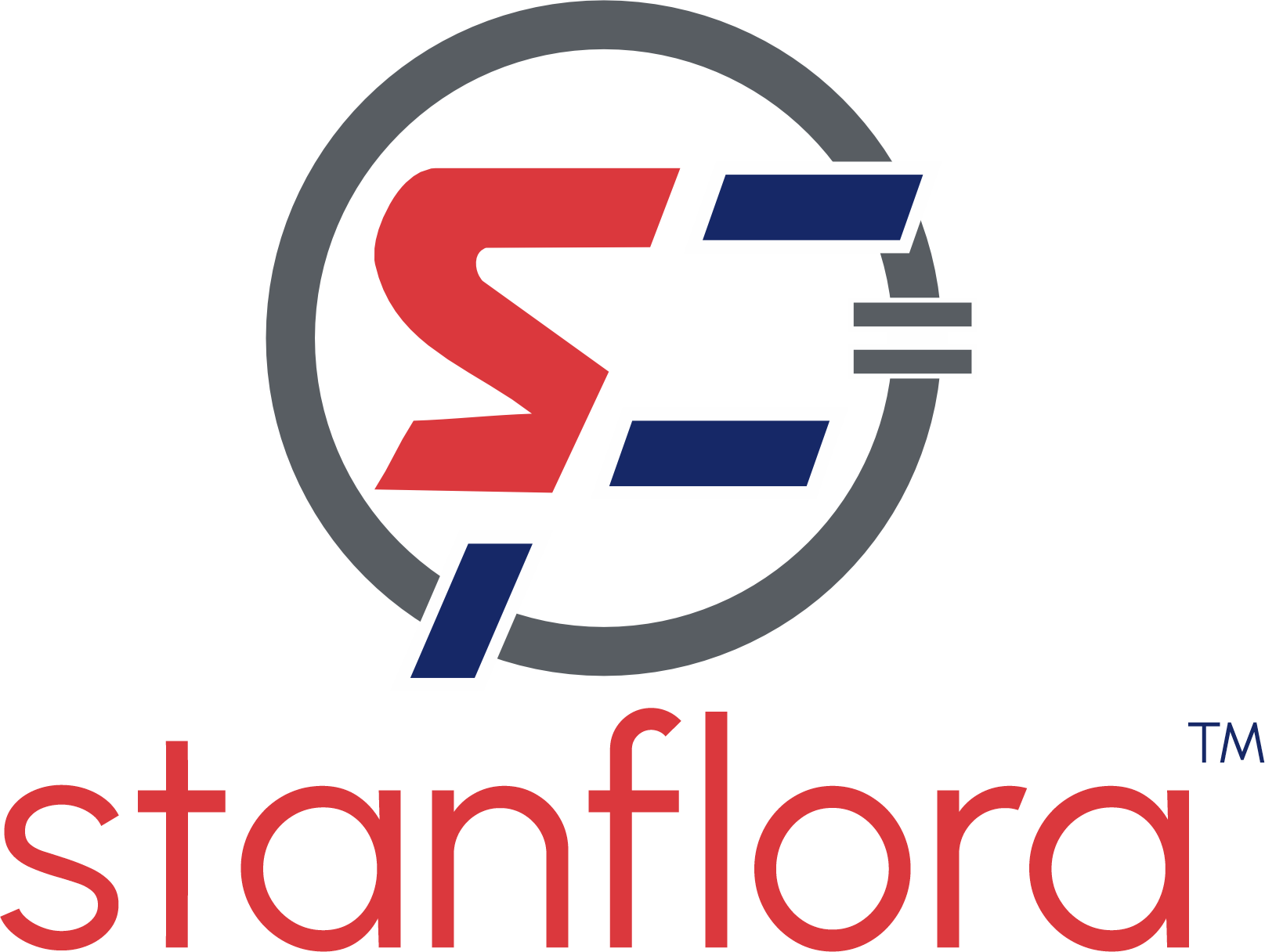A Reactor is essentially an industrial "pressure cooker", where the contents (such as pharmaceutical powders and API's) are sealed and transformed, under pressure and/or temperature, to a new desired substance.
Reactors are a critical and very important element in production lines in modern process plants and are widely used in the fields of petrochemicals, light industry, pharmaceuticals, pesticide, food, dyes and scientific research.
Glass lined Reactors (GLR's) have a glass (enamel) coating on the product wetted surfaces to provide high levels of chemical resistance to said surfaces. The glass coating is sprayed then fused onto the surface of sub-straight material at high temperature, in a repetitive process until the desired glass thickness is achieved.
The glass lined surfaces of the GLR's are hard wearing and polished during the manufacturing process, making them easily cleanable. This, in turn, makes the surfaces inherently beneficial at avoiding cross contamination in batch processing applications. In addition, the glass finish does not affect the flavour, colour or purity of contents. GLR's have thus won favour with many plant managers has the vessels are robust, durable, hard wearing and physically strong, capable of handling a wide range of high pressures and temperatures.
Glass Lined Reactors have a very high corrosion resistance against inorganic acid, organic acid and organic solvents with different concentrations. Typically, they are less applicable for use in alkali, hydrofluoric acid, fluoride-bearing medium and phosphoric acid applications with concentrations above 30% and at temperatures over 100 degrees C. Consultation/advice should be obtained from a technical expert, such as Standard Glass Lining Technology, if in doubt over application suitability.


.png)
.png)



.png)

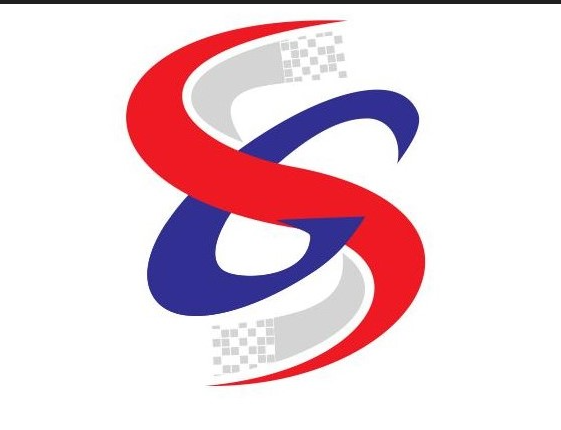

.jpg)
